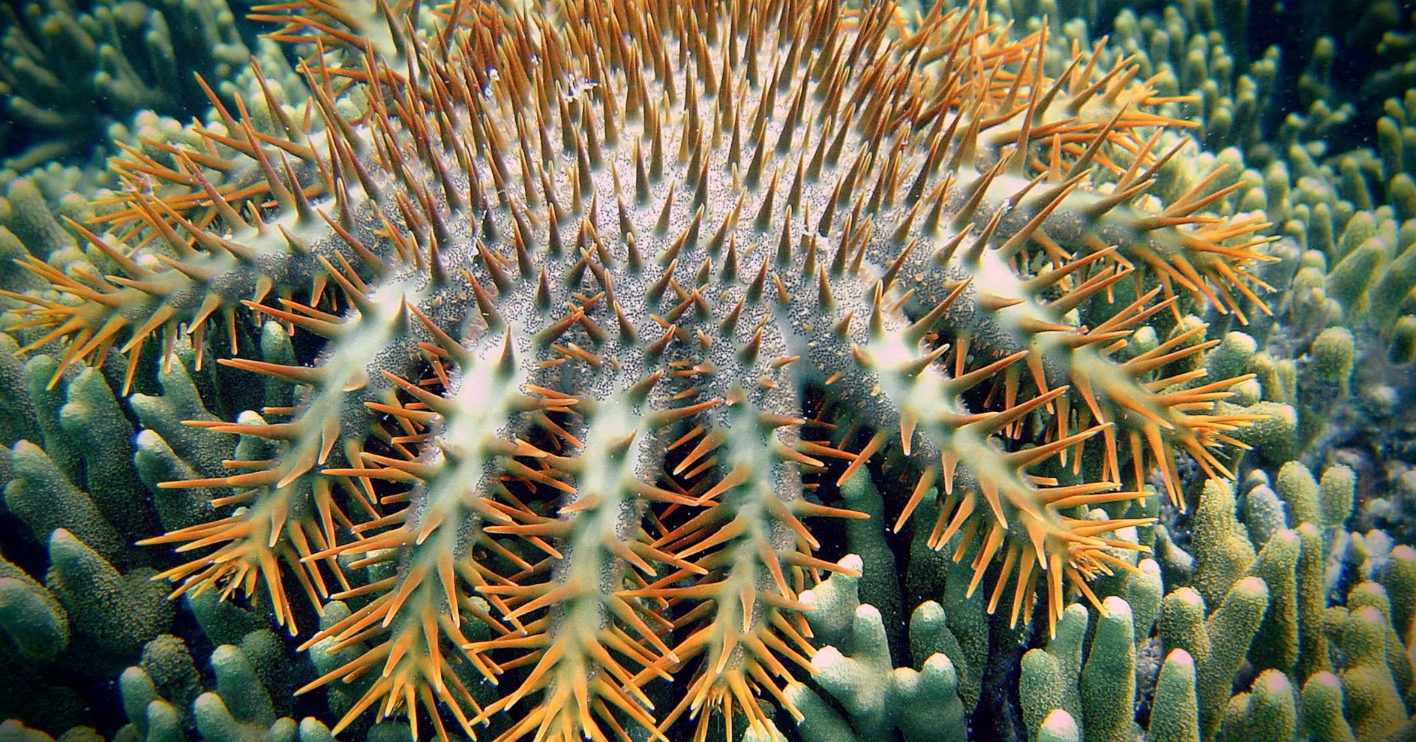Did you know that Fiji, a small island country found in the middle of the Pacific Ocean, is home to the world’s third largest continuous barrier reef? This country has some of the most incredible coral reef biodiversity found on this planet. There are over 400 coral species found in Fiji, along with an extremely diverse fish population. It is estimated that there are over 1,075 different species of fish found in Fijian waters.

The coral reef ecosystems found in Fiji are estimated to cover approximately 6,704 km2. These reef formations are not only vital for the many marine animals that reside in them, but also for the people of Fiji. Even though these ecosystems are plentiful, they are fragile and are exploited due to people’s food security needs and the booming tourism industry in Fiji. The island communities of Fiji get about 75% of their dietary protein from the ocean. Many Fijians rely on small-scale commercial fishing and subsistence fishing. Overfishing is a huge threat to Fiji’s coral reefs. Climate change is also seriously impacting Fiji’s reefs. Rising ocean temperatures lead to coral bleaching and widespread ecosystem degradation. Fiji experienced its first major bleaching event in 2000, and ever since then bleaching events have become more frequent and intense. To make matters worse, local pollution is also threatening these reefs, due to inadequate wastewater management, coastal development, and runoff from land-based activities.
Even though these reefs are severely impacted by a combination of stressors, there is much hope to be had for the future of Fiji’s coral reefs. Coral gardeners in Fiji are taking fragments from healthy, heat tolerant corals and growing them in underwater nurseries. Selecting these resilient corals for propagation is a very effective technique that can ensure the survival of the planted corals. Eco-tourism is also making its way into the tourism industry, which can allow for profits to be put towards conservation efforts. Eco-tourism can also be helpful in educating tourists and even locals on how to better conserve Fiji’s reefs. There are also government initiatives taking place in Fiji, including removing the invasive Crown-of-Thorns Starfish and restoring mangroves, which prevent coastal erosion and protect inshore reefs.

The coral reef ecosystems found in Fiji are just a few of the many reefs that are in danger. Climate change, specifically rising ocean temperatures causing coral bleaching is arguably the biggest threat to coral reefs globally. This combined with anthropogenic effects like overfishing, pollution and the introduction of invasive species seriously threatens these vulnerable ecosystems. Coral reefs are biodiversity hotspots, and their value goes far beyond natural resources and profits for humans. They provide essential habitats, feeding grounds, and nurseries for many marine species, and are the foundation of complex ocean food webs. These reefs also filter and clean ocean water, sequester carbon dioxide, and act as natural storm barriers. It is absolutely necessary that biodiversity hotspots like Fiji’s coral reefs are protected, and conservation efforts are taken seriously, or the effects could be detrimental.